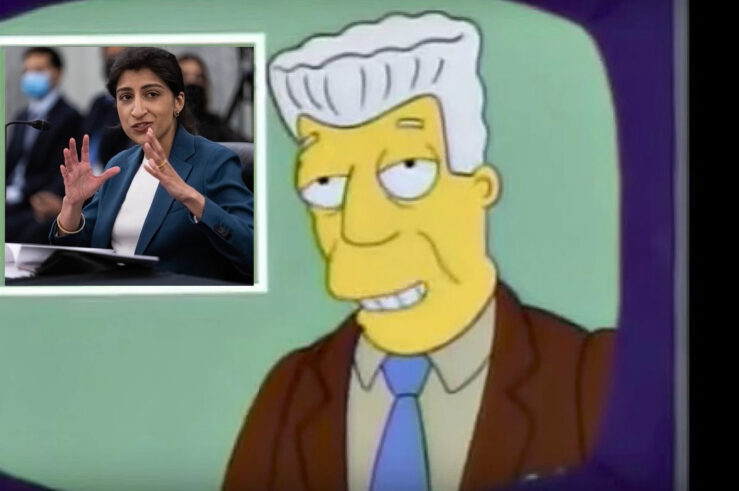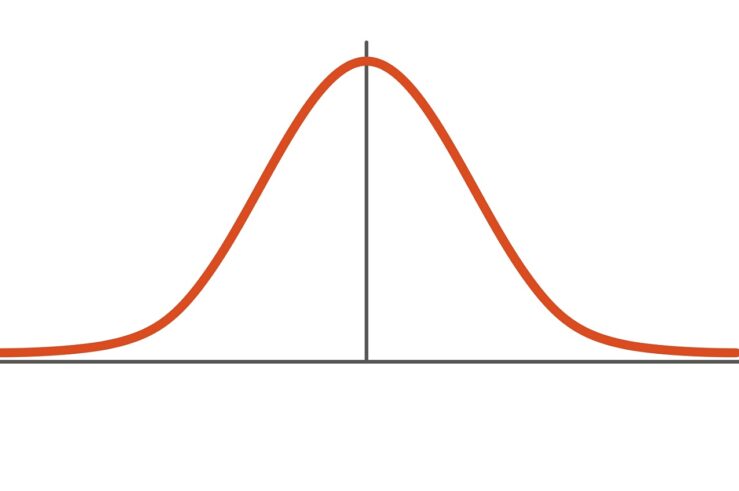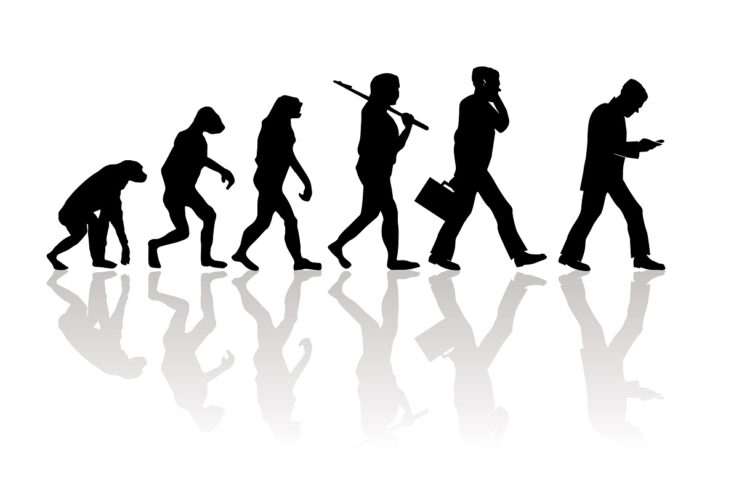Showing archive for: “Economics”
A Consumer-Welfare-Centric Reform Agenda for the Federal Trade Commission
As we approach a presidential election year, it is time to begin developing a comprehensive reform agenda for the Federal Trade Commission (FTC). In that spirit, this post proposes 12 reforms that could be implemented by new leadership, either through unilateral action by a new chair or (in some cases) majority votes of the commission. ... A Consumer-Welfare-Centric Reform Agenda for the Federal Trade Commission
Why Armen Alchian Is the GOAT
Tyler Cowen has a new online book out titled “GOAT: Who is the Greatest Economist of All Time, and Why Does it Matter?” While there are potential problems in treating ideas like basketball, the project is a fun, fast read overall. As the author of a newsletter with frequent gifs, I’m all for encouraging light-hearted ... Why Armen Alchian Is the GOAT
Shining the Light of Economics on the Google Case
The U.S. Justice Department has presented its evidence in the antitrust case alleging that Google unlawfully maintained a monopoly over “general search services” by “lock[ing] up distribution channels” through “exclusionary agreements” with makers and marketers of devices. Google’s agreements with Apple, for example, have made its search engine the default in Apple’s Safari browser. The ... Shining the Light of Economics on the Google Case
Is Amazon’s Scale a Harm?
Under the leadership of its professional anti-Amazoner Chair Lina Khan, the Federal Trade Commission (FTC) has finally filed its antitrust complaint against Amazon. No, not the complaint about how it’s unfair to take six clicks to cancel your Prime membership. This is the big one. It mostly revolves around sellers needing to use Amazon’s fulfillment ... Is Amazon’s Scale a Harm?
I, For One, Welcome Our New FTC Overlords
In this post—the last planned post for this symposium on The FTC’s New Normal (though we will continue to accept unsolicited submissions of responses)—I will offer some summary of the ideas that have been shared here over the past month, before turning to some of my own thoughts. To keep your attention rapt, I will ... I, For One, Welcome Our New FTC Overlords
Abandoning Antitrust Common Sense: The FTC’s New Normal?
This symposium wonders what exactly is “The FTC’s New Normal”? The short answer: scary. The current Federal Trade Commission (FTC) leadership is clear that old U.S. Supreme Court opinions, rather than more recent jurisprudence, are their lodestones for antitrust analysis. This is dramatically illustrated by the draft merger guidelines recently proposed by the FTC and ... Abandoning Antitrust Common Sense: The FTC’s New Normal?
Regulatory Humility or Regulatory Hubris at the Federal Trade Commission?
Competition policy at the Federal Trade Commission (FTC) will naturally ebb and flow, depending on its leadership. Over the years, some commissions have taken a more aggressive approach, while others have granted greater credibility to market forces. Still, regardless of the party in power, the agency was generally able to maintain a solid reputation as ... Regulatory Humility or Regulatory Hubris at the Federal Trade Commission?
Recent Antitrust and Regulatory Changes Both Unravel the Consensus
Presidential administrations over the last 50 years have pursued widely varying policy goals, but they have agreed—at least, in principle—that policies should be efficient and improve social welfare. Now, the Biden administration is taking steps to unravel that bipartisan consensus. We focus on different policy areas (Dudley on regulation and Sullivan on antitrust) and are ... Recent Antitrust and Regulatory Changes Both Unravel the Consensus
The FTC, DOJ, and International Competition Law: Convergence Away From the Consumer Welfare Standard?
In less than two and a half years, the Federal Trade Commission (FTC) and U.S. Justice Department (DOJ) have undone more than two decades of work aimed at moving global competition law toward an economics-friendly consumer welfare standard. In tandem with foreign competition authorities, the U.S. antitrust agencies are now cooperating in an effort to ... The FTC, DOJ, and International Competition Law: Convergence Away From the Consumer Welfare Standard?
The FTC Tacks Into the Gale, Battening No Hatches: Part 1
The Evolution of FTC Antitrust Enforcement – Highlights of Its Origins and Major Trends 1910-1914 – Creation and Launch The election of 1912, which led to the creation of the Federal Trade Commission (FTC), occurred at the apex of the Progressive Era. Since antebellum times, Grover Cleveland had been the only Democrat elected as president. ... The FTC Tacks Into the Gale, Battening No Hatches: Part 1
Right to Anonymous Speech, Part 3: Anonymous Speech and Age-Verification Laws
An issue that came up during a terrific panel that I participated in last Thursday—organized by the Federalist Society’s Regulatory Transparency Project—was whether age-verification laws for social-media use infringed on a First Amendment right of either adults or minors to receive speech anonymously. My co-panelist Clare Morell of the Ethics and Public Policy Center put ... Right to Anonymous Speech, Part 3: Anonymous Speech and Age-Verification Laws
Minor Matters in Cyberspace: Examining Internet Age-Verification Regulations
I participated yesterday in a webinar panel hosted by the Federalist Society’s Regulatory Transparency Project. The video was livestreamed at YouTube. Below, I offer my opening remarks, with some links. Thank you for having me. As mentioned, I’m a senior scholar in innovation policy at the International Center for Law & Economics (ICLE). This means ... Minor Matters in Cyberspace: Examining Internet Age-Verification Regulations
















